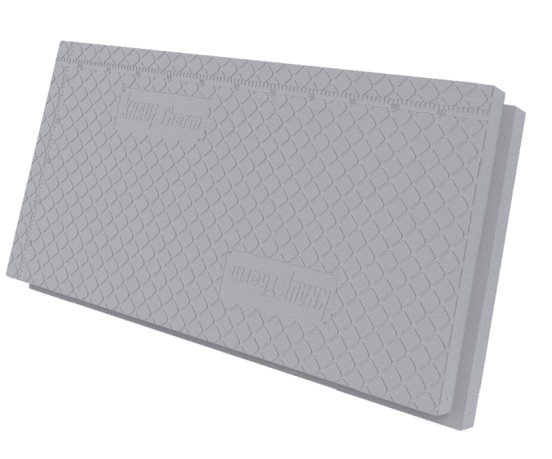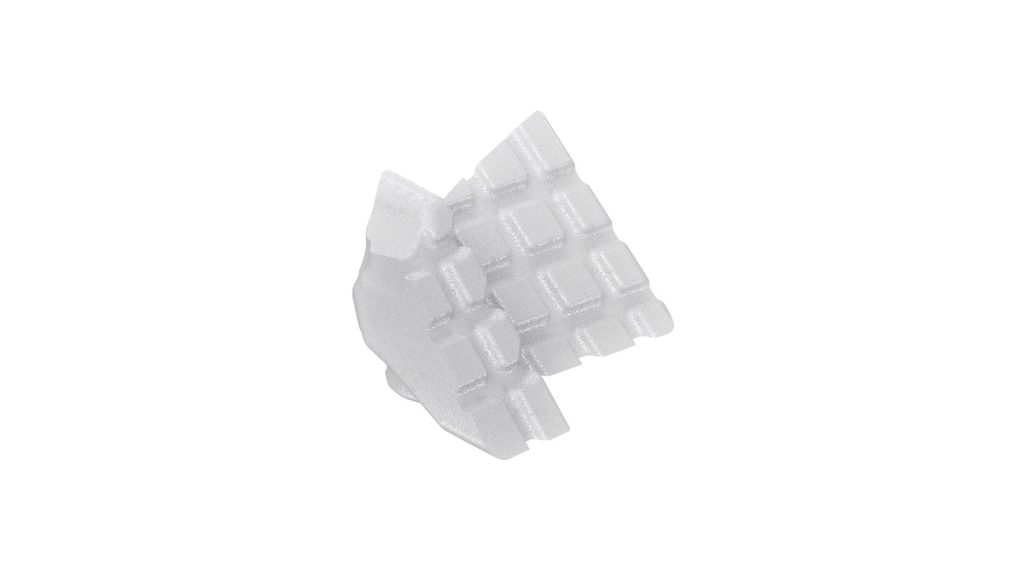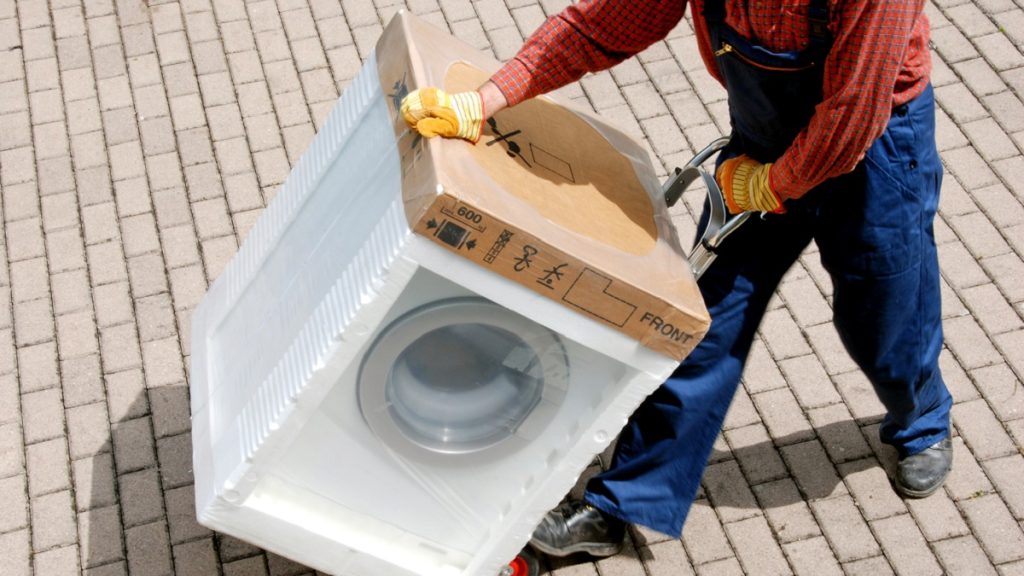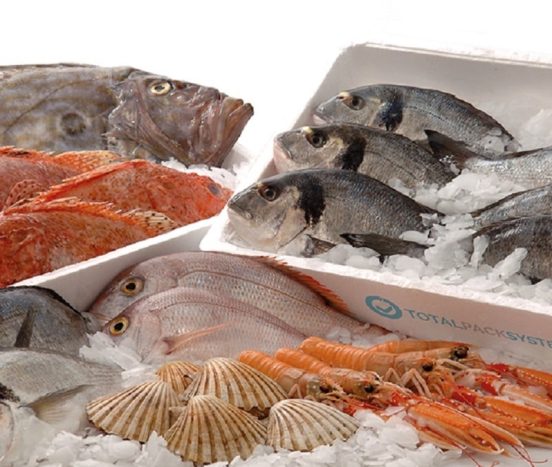EPS technical parts
Why should you use EPS for Technical Parts?
In recent years, the application of expanded polystyrene (EPS) has increased exponentially and is not expected to stop in the near future. The combination of high load-bearing capacity at low weight, air tightness, water and vapor barrier, durability, low maintenance and excellent shock absorption and thermal insulation properties make EPS a material with multiple applications for technical parts in sectors as varied as agrifood, pharmaceutical, construction and automotive.
Let’s analyze in greater depth the four main benefits of EPS components!

Efficiency
On the one hand, expanded polystyrene is an excellent thermal insulator that, when applied to the rehabilitation of buildings, allows to considerably improve their energy efficiency. In fact, research shows that installing EPS panels on the facades as an external thermal insulation system, reduces energy losses by 57% in households.
On the other hand, its lightweight nature favours efficiency in sectors such as automotive and logistics, as it dramatically reduces the weight of the transported loads, resulting in less fuel consumption.
Last but not least, EPS is recoverable and recyclable, which reduces emissions and negative environmental impacts. All this results in a reduction in the carbon footprint.

Process Optimisation
Thanks to an excellent optimization of volume, weight and load bearing properties, EPP guarantees non-deformability and resistance. That is the reason why it is the ideal material to produce components for industries such as logistics and automotive.


Custom design
EPS is extremely versatile and offers a high degree of personalization in design, as it can be easily moulded into the desired shapes. Furthermore, it fulfills aesthetic functions and can be found in a huge variety of finishes. That explains why it is highly used in decorative tiles and mouldings.

Lightweight and resistant
Another EPS products benefit is that, being a highly versatile closed-cell bead foam consisting in 98% air, it is extremely light and has a high strength to weight ratio. This is key for a variety of applications where heavier structures have been successfully substituted without compromising the safety of the system, for example, HVAC equipment or other technical parts.

How are EPS technical parts produced
Quality Control
High quality is a value expected in almost every area of life that takes on special relevance in manufacturing of technical parts. Manufacturing companies, in order to compete effectively and acquire new customers, have to meet growing demands in this area. The compliance of each component used to manufacture a technical part with precisely defined norms and standards is crucial as it determines its reliability and safety. Take for instance the automotive industry.
In this regard, manufacturing in accordance with strict standards and subjected to demanding tests to meet the highest quality requirements is a must. This is the only way to achieve perfect compatibility of a component with the precisely defined parameters that requires appropriate management of processes related to production quality. At Knauf Industries we manufacture a wide range of EPS technical parts at several plants around the world by combining our rich know-how, innovation and many years of experience in the field of processing with the best standards developed in the different industries.
Engineering projects
EPS, together with EPP, has applications both as commodity and as engineering plastics. Briefly explained, the difference between these two types is that whereas commodity plastics are often inexpensive and easy to process, engineering resins are plastic materials that have better mechanical and/or thermal properties, so they are used for more sophisticated products.
Due to their properties, engineering plastics in general and EPS in particular have gradually replaced traditional engineering materials such as metal, glass or ceramics in many applications. Besides equaling or surpassing them in weight-strength ratio, thermal insulation properties or resistance to impact among other properties, EPS is also much easier to manufacture, especially in complicated shapes. It is no wonder that it is increasingly popular in a rich number of industries and applications.


EPS production
EPS consists of small polystyrene beads that are derived from styrene via the polymerization process. After the polymerization, EPS is infused with blowing agents, such as pentane and hexane.
Particularly, its production process consists in three main steps:
Pre-expansion: the raw material is heated with steam at temperatures between 80°C and 100°C with the aim of creating a uniform cellular structure with small closed cells that hold air in their interior. This is important as the disposition of the cells determines the quality of the resulting EPS
Intermediate maturing and stabilization: during this process, the beads‘ internal gas expands, generating an air-penetrable cellular structure. According to the air temperature, size, and density of the beads, the aging time can be calculated. In this phase, beads achieve greater mechanical elasticity and improved expansion capacity.
Expansion and final moulding: the stabilized pre-expanded cold beads are transported to specific moulds, where heat and mechanical force are applied again. This ends up welding them together and forming a solid block of EPS with the final desired shape.
Manufacturing of Technical Parts
At the first stage, it is necessary to prepare an initial design of the technical parts. Then, comes the official project nomination and the final design elaboration. The next step is prototyping and its validation, where our tool development team goes into action to coordinate the election and elaboration of the most optimal tools for the project.
Once these technical parts have been manufactured and launched, it is the turn for the pre-serial production. After their testing and, if necessary, tuning until they completely fulfill the expectations, the serial production is launched.

Moulding of Technical Parts
Plastic injection moulding is the ideal technique for manufacturing a wide range of exterior and interior technical moulded parts, especially when it is necessary to produce large volumes of identical items.
The most common applications of EPS foam moulding are the following: in construction, small and large accessories, fasteners or hand tools; in agrifood industry, containers for beverage and food; in the medical sector, testing kits and surgical preparation products and in automotive, mirror housings, cup holders and bumpers.
At Knauf Industries, a team of experienced plastic injection professionals review and define all of the required technical specifications to optimize all kinds of technical parts. In particular, we are specialists in thermoplastic injection and decoration of plastic parts. Our know-how also includes gas-assisted injection, gloss and electronic modeling.

Industries

Construction
Polystyrene is highly used in construction in a broad range of applications. Starting from the foundations, it is used as an aggregate in lightweight concrete. For its part, thanks to its versatility and aesthetic function it can be frequently found in decorative tiles and mouldings.
When talking about insulation, EPS is, jointly with EPP, a key material. Therefore, it is highly used in structural panel applications with the aim of insulating a space and avoiding energy losses from HVAC systems.
In addition, EPS lightness explains that it is often used as backfilling to reduce the weight of embankments, especially on top of soft soil.
However, on account of its inflammability, it must be stated that EPS is only used in construction when it is combined with other suitable material capable of resisting fire.

Automotive
Due to its shock absorption capacity and the thermal and acoustic insulation it provides, EPS is a material that is very present in the automotive industry. It is used in the manufacture of numerous parts, such as mouldings, footrests, and in child safety seats.
In an industry focused on the search for solutions that lighten the weight of vehicles to reduce fuel consumption and polluting emissions, expanded polystyrene is a highly valuable resource. Even for electric vehicles, as the lower the weight, the greater the autonomy.

Home appliances
Thanks to its outstanding properties in terms of insulation, impermeability and resistance, there is a huge variety of household appliances that have EPS among its components.
[Salto de ajuste de texto]In addition, it is used as a protector in its packaging. Refrigerators, air conditioners, ovens, microwaves, vacuum cleaners, and a long etcetera contain EPS and are protected with this shock-resistant, durable, lightweight and economical material. Its versatility and customization enables the production and safe transportation of all product sizes, from tiny electronic components to large technical parts or home appliances.

Agrifood
EPS is an inert material, meaning it does not transfer any substance to the element with which it is in contact. This is a fundamental condition in food containers, which must not be modified in any way by the packaging that preserves them. [Salto de ajuste de texto][Salto de ajuste de texto]Moreover, as an impact-resistant polymer capable of providing excellent thermal insulation, it keeps the organoleptic characteristics of food and its nutritional qualities unchanged for longer, avoiding food waste.
At Knauf Industries we go a step further as we offer the possibility to incorporate smart packaging functions into EPS packaging. Particularly, thanks to NFC or Bluetooth sensors, it is possible to monitor sensitive products with geo-position and temperature control, vibration alert system and indications on the state of the product inside.




